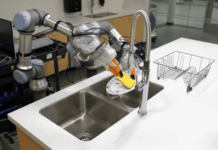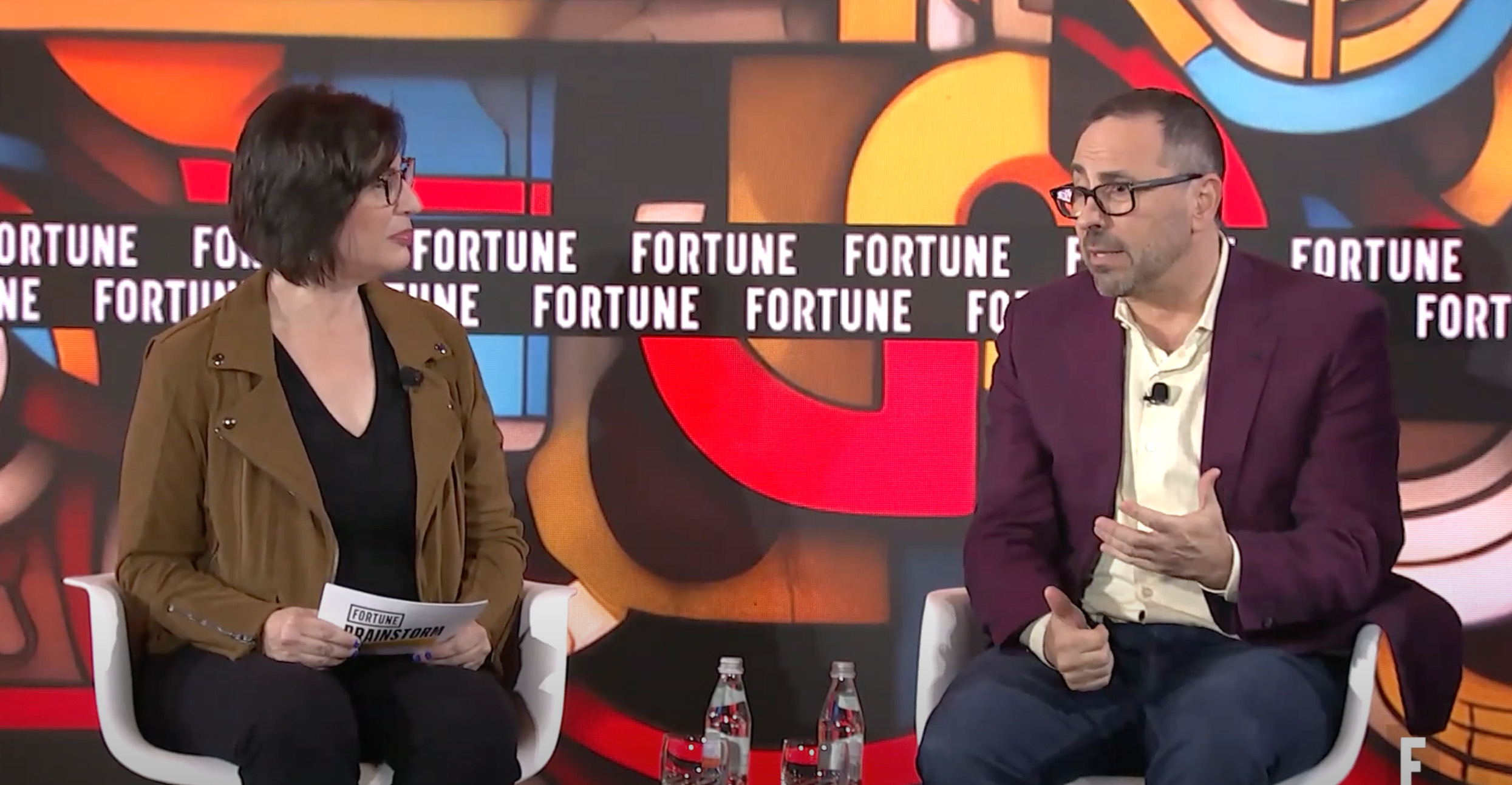The Resurgence of Semiconductors in the Age of Intelligence
In today’s rapidly evolving technological landscape, the semiconductor industry is experiencing a significant resurgence, driven by the burgeoning demand for artificial intelligence (AI) applications. As we stand on the brink of revolutionary advancements, several major players in the industry are vying for a substantial share of this expanding market. The question that arises is: what can we anticipate from this next wave of competition in the semiconductor sector?
A recent discussion featuring influential figures from leading companies in the semiconductor industry shed light on how the latest innovations in chip technology are enhancing AI capabilities and what strategies these companies are adopting to capture more market share. The panel included Andrew Feldman, Co-founder and CEO of Cerebras Systems, Mark Papermaster, Executive Vice President and Chief Technology Officer at Advanced Micro Devices (AMD), and Sandra Rivera, Chief Executive Officer of Altera. The conversation was moderated by Sharon Goldman from Fortune.
The Role of Semiconductors in AI Development
Semiconductors are integral to the operation of electronic devices, serving as the foundational technology for computing power. In the context of AI, semiconductors are critical because they enable the processing of vast amounts of data at high speeds, which is essential for effective machine learning and data analysis.
Advancements in semiconductor technology have led to the development of more powerful and efficient chips that can handle the complex computations required by AI algorithms. This, in turn, has facilitated the creation of more sophisticated AI applications, ranging from self-driving cars and smart home devices to advanced data analytics tools used in various industries.
Industry Leaders Weigh In
Andrew Feldman, the Co-founder and CEO of Cerebras Systems, emphasized the importance of specialized chips in enhancing AI performance. Cerebras Systems is known for its innovative approach to chip design, having developed the world’s largest computer chip specifically for AI workloads. Feldman highlighted that traditional chips are often not optimized for the unique demands of AI tasks, which require high-speed data processing and low latency. By designing chips tailored for AI, Cerebras Systems aims to provide more efficient and powerful solutions for AI developers.
Mark Papermaster from AMD discussed the company’s strategy in leveraging its expertise in high-performance computing to gain a competitive edge in the AI market. AMD has been at the forefront of developing advanced graphics processing units (GPUs), which are well-suited for AI tasks due to their parallel processing capabilities. Papermaster noted that AMD is focusing on creating versatile chips that can support a wide range of AI applications, from gaming and entertainment to enterprise-level data processing.
Sandra Rivera, the CEO of Altera, spoke about the importance of collaboration and partnerships in the semiconductor industry. Altera, a leader in programmable logic devices, is committed to working with other technology companies to develop integrated solutions that meet the growing demands of AI applications. Rivera emphasized that by combining their expertise with that of their partners, Altera can deliver more comprehensive and effective solutions to their customers.
The Competitive Landscape
As the demand for AI-enabled technologies continues to grow, competition in the semiconductor industry is intensifying. Companies are investing heavily in research and development to innovate and differentiate their offerings. This competitive environment is driving rapid advancements in chip technology, leading to the production of more powerful and efficient semiconductors.
One of the key areas of competition is the development of application-specific integrated circuits (ASICs), which are custom-designed for specific AI tasks. Unlike general-purpose chips, ASICs are optimized for particular applications, offering higher performance and efficiency. As companies develop more specialized chips, they can provide tailored solutions that better meet the needs of their customers.
Implications for the Future
The advancements in semiconductor technology have far-reaching implications for various industries. As chips become more powerful and efficient, AI applications are likely to become more prevalent and sophisticated. This will open up new opportunities for innovation and growth across sectors such as healthcare, finance, manufacturing, and more.
In healthcare, for example, more advanced AI algorithms can lead to improved diagnostic tools and personalized treatment plans. In finance, AI can enhance risk assessment and fraud detection capabilities. In manufacturing, AI-driven automation can increase efficiency and reduce costs.
Good to Know: The Impact of AI on the Semiconductor Industry
The symbiotic relationship between AI and the semiconductor industry is a key driver of technological progress. As AI continues to evolve, the demand for more advanced semiconductors will grow, spurring further innovation in chip design and manufacturing processes. This ongoing cycle of innovation will not only benefit the semiconductor industry but also contribute to the broader advancement of technology.
Industry Reactions and Reviews
Industry experts have reacted positively to the developments in the semiconductor sector, acknowledging the critical role that these advancements play in the evolution of AI technology. Analysts predict that the continued growth of AI applications will lead to sustained demand for cutting-edge semiconductors, creating a thriving market for companies that can deliver innovative solutions.
In summary, the semiconductor industry’s resurgence is a testament to the transformative power of AI technology. As companies like Cerebras Systems, AMD, and Altera continue to push the boundaries of what is possible with chip technology, we can expect to see even more exciting advancements in the years to come. For those interested in the intersection of AI and semiconductors, this is an exciting time to witness the unfolding of new possibilities and innovations.
For further insights and updates on this topic, you can follow discussions and articles on reputable technology news platforms such as Fortune.
For more Information, Refer to this article.


































